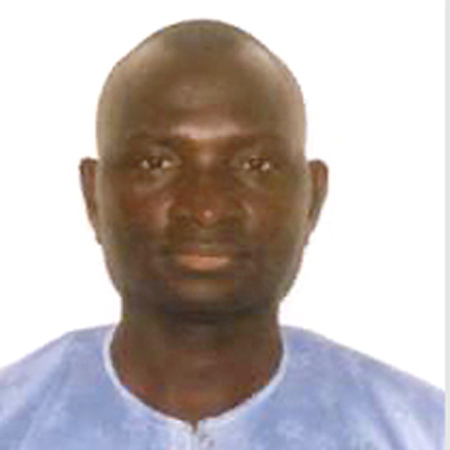
He was speaking yesterday at the opening of a two-day Intergovernmental Experts Meeting on the review of the ECOWAS framework on security sector reform, at the Paradise Suites Hotel.
According to him, rendering the security sector more efficient and more accountable to democratic institutions is a sine qua non for enhancing the provision of security to citizens.
“In countries at risk of conflicts or post-conflicts countries, it can be of central importance for stability or conflict prevention,” he said.
“This document is going through a process of development that would culminate in its adoption by ECOWAS member-states to serve as a regional action plan and the development of national security sector reform,” Minister Sonko stated.
He said the experience of West African States emerging from conflict over the last two decades had shown that security is a prerequisite for economic and social development and regional integration and it is also acknowledged that security could only be ensured through democratic control of the security sector.
“Democratically run, accountable and competent security sectors help to reduce conflicts, enhance security of citizens, and in the process help to create the necessary conducive environment and sustained peace and stability,” he added.
The Gambia Police Force has introduced a human rights unit, a professional standard unit, complaint and discipline unit and a code of conduct is also being drafted for the police and other security institutions all geared towards making them accountable to the citizens, he revealed.
He added that capacity development is being provided to the police, military and other security institutions to develop an understanding, respect and acceptance of each other’s role as well to promote professional synergy and partnership.
Colonel Abdourahmane Dieng, on behalf of commissioner for political affairs, peace and security of ECOWAS Commission, stated that the event marked a crucial part of processes required for the adoption of a policy framework on governance and reform of the security in the region.
According to him, the development of the document is timely, given that the region is facing many political, security and humanitarian challenges resulting from internal conflicts.
Mali and Guinea Bissau give credence to the urgency that should be accorded in the development of such a document, he said.
The role of ECOWAS had thus become crucial to assist member states to prevent, anticipate, prepare and respond better and faster to issues that could challenge security and stability of the region.
He said as reflected in key ECOWAS regional security instruments which includes the 1999 protocol relating to a mechanism for conflict prevention, management, resolution, peace keeping and security, the 2001 supplementary protocol on democracy and good governance.
He noted that in 2008 ECOWAS conflict prevention framework and the 2011 supplementary Act relating to a code of conduct for the armed forces and security services, ECOWAS made efforts to redefine security as a subject not the exclusive preserve of the military and political class but it also includes the participation of the civil society as a common denominator in the process.
According to him, the concept is further emphasised in the ECOWAS Vision 2020 strategy document which seeks to transform the region from ECOWAS of states to ECOWAS of people and clearly identifies security governance as one of its building blocks.
This, couple with the original twin goals of ECOWAS regional development and economic integration, the ECOWAS vision can be achieved only in an environment of lasting peace, security and political stability.




